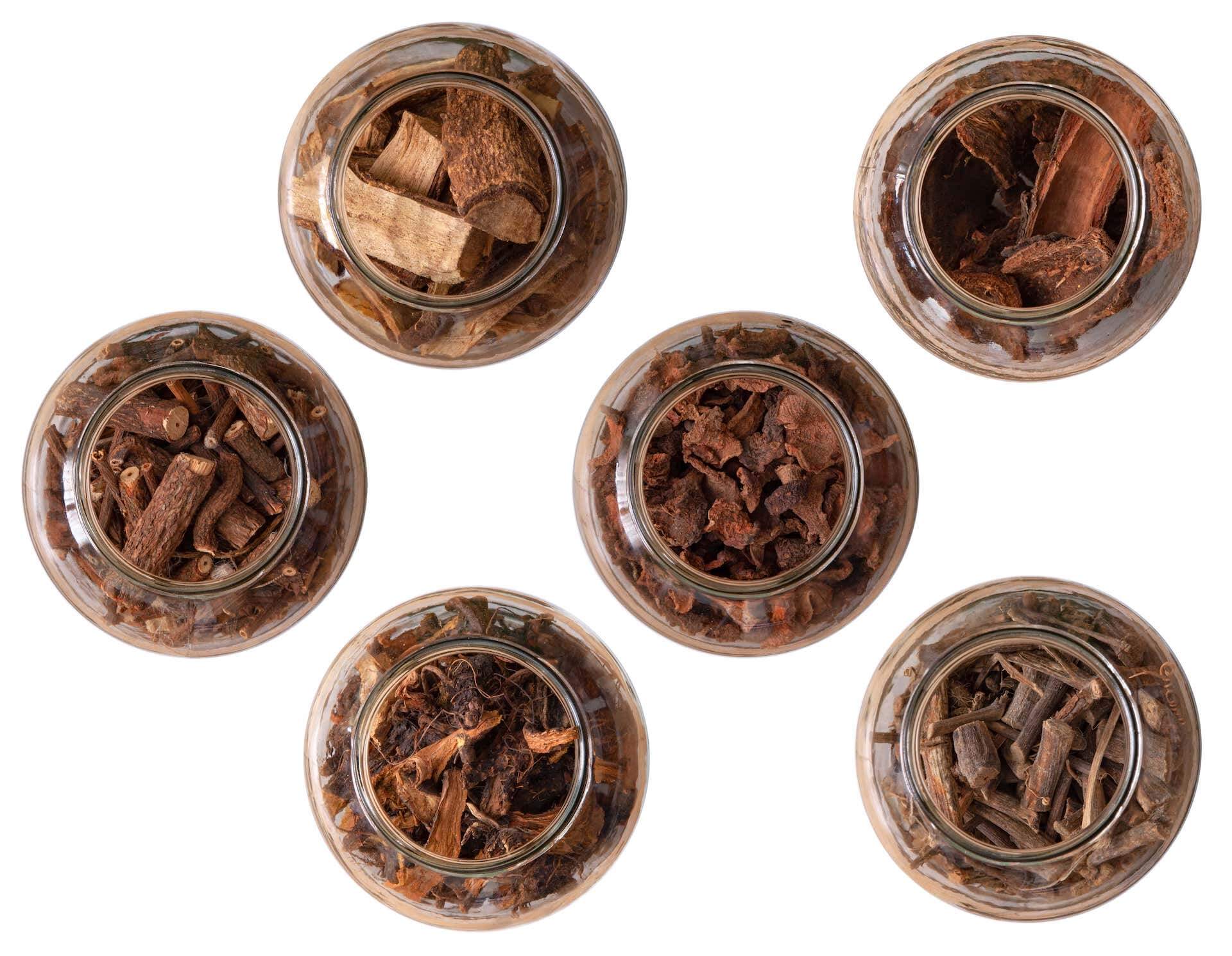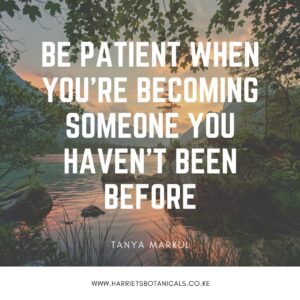In a time where the future seems uncertain, looking after our wellbeing is no longer an option if we want to improve the way we experience our daily lives.
When things get hard, we tend to look at factors like motivation, discipline, and grit, often forgetting none of these are possible without a great inner state of wellbeing. Think about it, if we don’t feel well mentally or emotionally (or worst if we experience a burnout), how can we possibly do well for ourselves and others?
To understand the optimum conditions for greater wellbeing in our lives, I turned to neuroscience (the science of the brain) to learn more. Here are my findings.
Firstly, well being is a skill. This is incredibly encouraging and in many ways is what led my co-founder and I to start 3SSENTIA. There is no doubt as human beings we are quite complex: our background, environment, and personality impact the way we experience life. However, knowing we can all intentionally practice wellbeing is simply sensational.
Specifically, to boost our daily wellbeing, there are 4 elements we must focus on to feel and be at our best.
1. Self Awareness
Self-awareness refers to the knowledge we have of ourselves: of our inner motives, states, emotions, and feelings. Developing self-awareness is incredibly powerful as it can help us better deal with stress and uncertainty while providing us with powerful insights on our personal and professional success. See self-awareness as the basis for operating with greater clarity in our life.
What’s a simple way to develop our daily self-awareness? Practicing self-observation. – This means taking the time throughout the day to check-in with ourselves to observe our emotions, thoughts, and physical states during our most important activities. A good variation of self-observation is self-reflection which can become particularly powerful when evaluating what worked and what didn’t in our day. These simple acts of mindfulness can bring invaluable insight in the way we manage and experience our life leading to a greater sense of presence and effectiveness.
2. Outlook
Intricately connected to self-awareness, outlook refers to the way we look at ourselves and the world around us. Let me give you an example.
Imagine I have just lost my job…
Scenario 1: The world sucks and my life is over. I wasted 2 years in that job, there are no opportunities out there for me now and I don’t have what it takes to find my dream job. I’m exhausted!
Scenario 2: It’s unfortunate but it can represent a great opportunity to move forward to something better. I am excited to see what the future holds, and I am going to start researching which industries are hiring now where I could expand myself and add true value.
Which perspective do you think is more useful? It’s the same event, just seen from a different perspective. When we have a great outlook on life, we are more positive, energized, and believe more in our abilities.
What’s a simple way to practice it? Take a recent event that didn’t go your way and ask yourself “what can this event teach me? How can it make me better? Be inspired by the great Nelson Mandela who said “ I don’t lose, I either win or learn.” Life works in mysterious ways but you can rest assured everything has its purpose and a silver lining!
3. Resilience
As I am sure you can agree, without a great outlook, having resilience becomes a challenging matter as perseverance is key. Of course, pushing for something we feel deep inside is not worth it is not a good example of resilience, that’s why self-awareness is so important!
The more we teach ourselves to become resilient, the more our brain becomes resilient and science shows us meditating, practicing self-compassion and facing our fears are all powerful ways to build it.
4. Generosity
Who would have thought being more generous could be one of the 4 pillars for optimum wellbeing? When I discovered this, a big part of me felt humbled: “I can increase my own levels of wellbeing while helping others? What a beautiful thing! It’s mother nature’s poetic ways of keeping the world going round.”
Science tells us there is a part of our brain hardwired for contribution. In fact, whenever we give, our brain releases the “happiness trifecta,” a rush of serotonin, oxytocin, and dopamine increasing our energy levels and mood.
From this perspective, life is enormously benevolent with us as it offers endless possibilities to practice generosity whether with a friend, family, colleague, or stranger. Simply open your heart to others and let your best you shine: generosity is contagious!
There is no one recipe for success or happiness but with a bit of effort and focus on the right direction we can take small steps in our daily lives that compounded over time can bring exponential results.
This post was previously published on the good men project.












